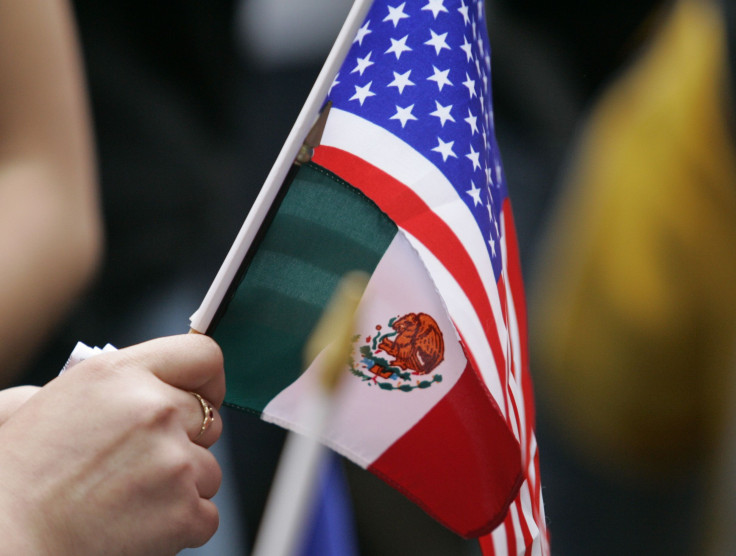'Hispanic Paradox': Latinos Live Longer Than Other Races Despite Higher Rates Of Diabetes, Heart Disease

Many of us spend hundreds of thousands of dollars on anti-aging creams, fitness programs, and cosmetic surgery in our lifetime to preserve our youthful looks and live longer. Despite our valiant efforts to look like JLo or Sofia Vergara, their secret is genetic — they're Latino. A recent study published in the journal Genome Biology found Latinos age at a slower rate than other non-Latinos despite having a higher susceptibility to certain diseases.
"Latinos live longer than Caucasians, despite experiencing higher rates of diabetes and other diseases. Scientists refer to this as the 'Hispanic paradox,'" said Steve Horvath, lead author of the study and a professor of human genetics at the David Geffen School of Medicine at UCLA, in a statement.
Latinos and hispanics face higher risks of cardiovascular diseases because of high blood pressure, obesity, and diabetes. Yet, Latinos in the U.S. live an average of three years longer than Caucasians, with a life expectancy of 82 versus 79, according to the Centers for Disease Control and Prevention.
Geffen and his colleagues analyzed 18 sets of data on DNA samples, including blood, saliva, and brain samples from nearly 6,000 people. The participants represented seven different ethnicities: two African groups, African-Americans, Caucasians, East Asians, Latinos and an indigenous people who are genetically related to Latinos known as the Tsimane, which live in Bolivia. An epigenetic clock was used to track an epigenetic shift — changes to the DNA molecule that influence which genes are active but do not alter the DNA sequence itself — linked to aging in the genome.
The researchers were struck by the differences linked to ethnicity when analyzing DNA from blood, which reveals the health of a person's immune system. After accounting for differences in cell composition, the blood of Latinos and Tismane aged more slowly than other groups, according to Horvath. The epigenetic clock found Latino women’s age as 2.4 years younger than non-Latino women of the same age after menopause.
When it comes to Latinos, researchers believe their slower aging rate helps neutralize their higher health risks, especially those related to obesity and inflammation.
"Our findings strongly suggest that genetic or environmental factors linked to ethnicity may influence how quickly a person ages and how long they live,” said Horvath.
Meanwhile, the Tsimane aged even more slowly than Latinos. The biological clock calculated the age of their blood as two years younger than Latinos and four years younger than Caucasians. This group has minimal signs of heart disease, diabetes, hypertension, obesity or clogged arteries.
A similar 2013 study published in the American Journal of Public Health found Hispanics had a higher mortality advantage, despite being afflicted with conditions such as cancer, heart disease, HIV/AIDS and other medical conditions such as lupus, diabetes, kidney disease and strokes. They were more likely to have significantly higher survival rates. The researchers suggest cultural values such as simpatia (importance of displaying kindness and maintaining interpersonal harmony), familismo (importance of keeping warm family relationships), and personalismo (valuing and building warm relationships) help build stronger social support, which is linked to better health and lower mortality risk.
It seems a few home-cooked meals, cheering for their country's soccer games, and abiding by religious traditions are the key ingredients to the “Hispanic Paradox.”
UCLA Researchers plan to study the aging rate of other human tissues to see the mechanism that protects the Latino population from aging faster.
Source: Horvath S, Gurven M, Levine ME et al. An epigenetic clock analysis of race/ethnicity, sex, and coronary heart disease. Genome Biology. 2016.



























